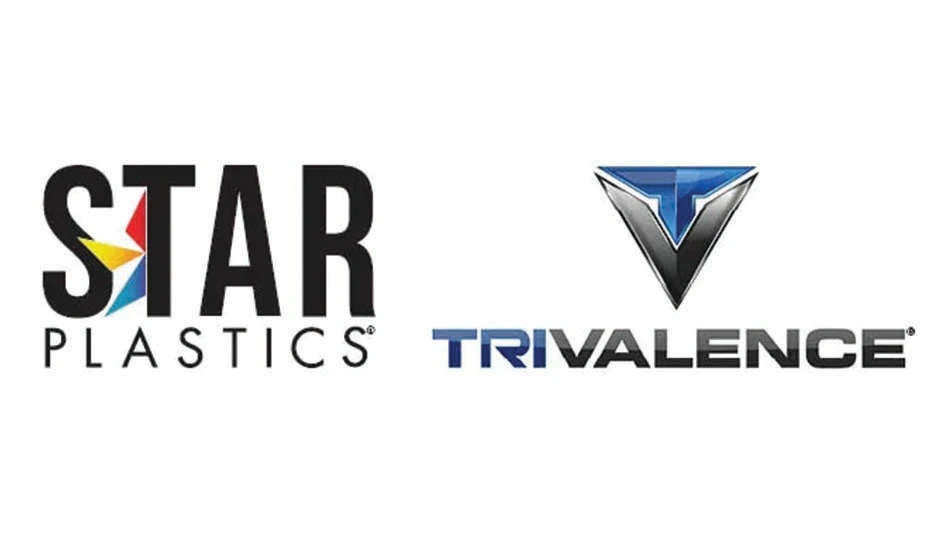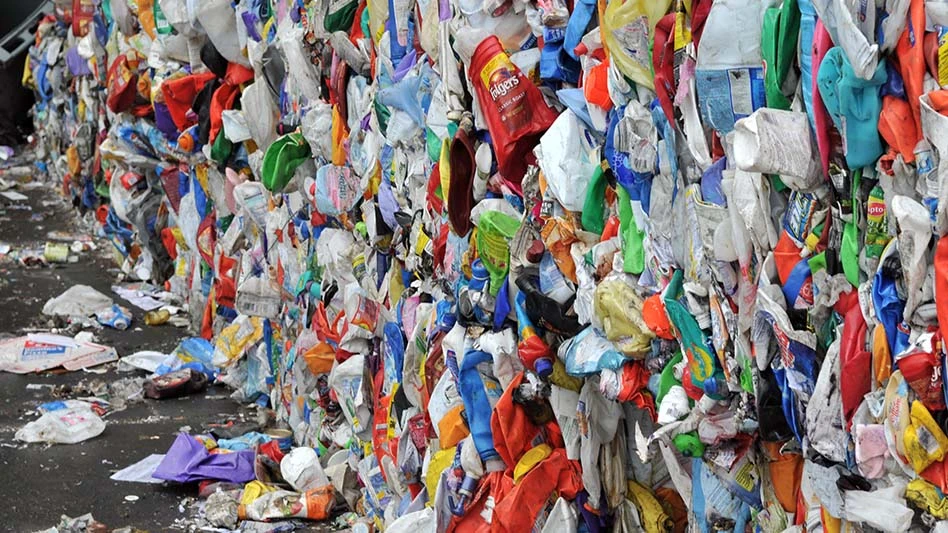
Switzerland-based conference organizer ICM AG has issued the following wrapup of its IERC (International Electronics Recycling Congress) 2018 event, which was held in Salzburg, Austria, Jan. 17-19. About 480 experts from 42 countries took part in the event.
“Who will benefit the most from the increasing volume of electrical and electronic scrap worldwide in the future?"
This was one of the central questions that industry representatives discussed at this year’s IERC 2018 as part of a panel discussion. The roundtable concluded a two-day conference program covering all aspects of electronics recycling—from current market developments and new technological trends to new legal frameworks and specific country reports.
Stephan Schwarz, ALBA International Recycling; Professor Jinhui Li, Tsinghua University, China; Stuart Fleming, EnviroServe; and Steve Skurnac, Sims Recycling Solutions, took part in the panel discussion.
Schwarz explained that some recycling companies have benefited from substandard recycling activities. In many cases, waste has been shipped to developing countries and, as a result, large profits were achieved.
However, Schwarz believes that these cases will decrease. The e-scrap market has become very dynamic. Products have become increasingly powerful and complex but also smaller and less valuable. The classic recycling strategy of recovering valuables, mostly metals, will no longer work, the ALBA representative said. Handpicking in developing countries also will no longer produce enough valuable substances.
Instead, new recycling technologies and increasingly automated processes are needed. However, not only is it important to implement the right technology but also to be able to access sufficient volumes of material. According to Schwarz, those who can meet both these requirements have a good chance of being among the winners in the e-scrap market.
Fleming took a different view of things. The CEO of the electronics recycler EnviroServe expects that the OEMs (original equipment manufacturers) will be the winners. But only on the condition that they are clever enough to take over e-scrap recycling companies so that they can harvest the raw materials at reduced rates. In this scenario, he suggests that the OEMs will invest some of the extra margin they return into research and development on sustainable practices.
Professor Jinhui Li sees the development in a similar way. In the past, informal recycling has benefited from the increases in volume, he explained. Nevertheless, this form of recycling, in the past, has led to serious environmental and human health disasters in developing countries. The situation is changing now with the strengthening of legislation and extended producer responsibility (EPR). At least in China, the producers of electrical appliances will be among the winners, he said, because the levy paid for electronics placed on the market by producers is much less than the subsidy paid from government to recyclers within the WEEE (waste electrical and electronic equipment regulation) system.
According to Skurnac, the ever-increasing volumes of e-scrap present opportunity and risk for recyclers and producers alike. Ever-changing material composition and shrinking product size coupled with higher collection costs mean that e-recycling will become much more local in many jurisdictions, he explained. In countries without well-developed regulations or collection mechanisms, this means that recyclers will need to put in significant resources to help develop the markets. In more advanced regions, the declining material value and smaller products suggest more hands-on processing rather than larger mechanical solutions for initial material sourcing.
“The future winners will be companies that partner effectively with the entire circular supply chain to optimize collections, efficiently process material and find sustainable homes for the recovered commodities,” Skurnac said.”
ICM AG is an internationally leading event organizer that specializes in the field of recycling. With four congresses each year, ICM covers major topics that impact the circular economy, primarily focusing on the recycling of electrical and electronic goods, end-of-life vehicles and batteries. The events are held alternately in various countries in Europe, North America and Asia.
Latest from Recycling Today
- Algoma EAF is up and running
- Toyota-Tsusho completes acquisition of Radius Recycling
- CATL, Ellen MacArthur Foundation aim to accelerate circular battery economy
- Commentary: Expanded polystyrene: 98 percent air, 2 percent plastic, 100 percent misunderstood
- AMCS appoints general manager for North America
- How tariffs, regulations affect LIBs recycling in US, EU
- Schwan Cosmetics introduces packaging free of styrene, ABS
- Aimplas coordinates EU project focused on solar panel circularity







